A split-second (11 milliseconds to be precise) can be too quick for us to consciously identify a word, but new research conducted by Dr Trevor Chong of Macquarie University shows that we are nevertheless able to recognise it through non-conscious processes.
Although subliminal advertising claimed that flashing ‘Drink Coca-Cola’ during a film in the 1950s increased Coke sales, this turned out to be a hoax. In his study of over 160 people, Trevor has now discovered that the brain is able to process a lot more information than it is aware of consciously.
“I found that people were able to consistently recognise a variety of words despite being unaware that they had previously encountered them,” explains Trevor. “Even the faintest signals can leave behind a memory trace that the brain can use later on.”
Now, healthy patients can be compared to patients with memory disorders, utilising tools like functional magnetic resonance imaging (fMRI) to determine which areas of the brain are involved.
Understanding this phenomenon will help to determine the limits of non-conscious processing and how it can be harnessed to not only improve how we learn, but also to treat memory disorders.
“We hope to leverage these non-conscious processes to help those who suffer from memory disorders like dementia and amnesia.”
Trevor presented his research at Fresh Science New South Wales 2015.
Fresh Science is a national program that helps early-career researchers find and share their stories of discovery. Over 50 early-career researchers nominated for Fresh Science NSW, which was held at the Australian Museum (training) and Three Wise Monkeys Hotel (public challenge event).
Fresh Science New South Wales was supported by the Australian Museum and the University of New South Wales.
Contact: Trevor Chong, Macquarie University, trevor.chong@mq.edu.au

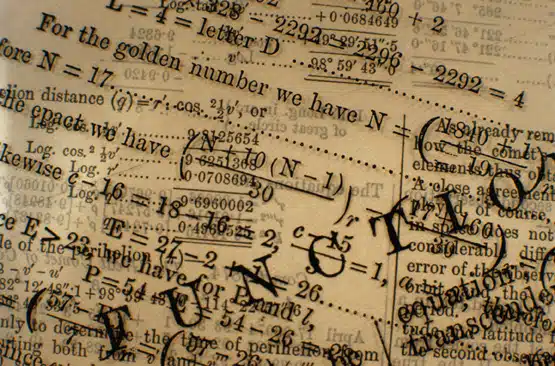

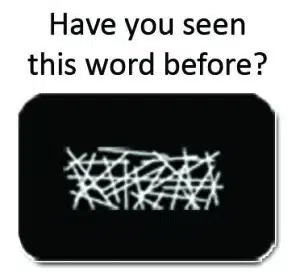
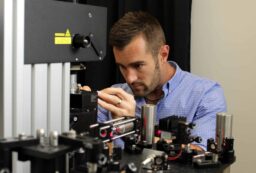
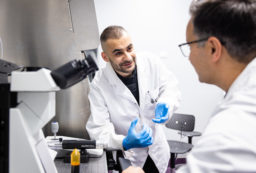
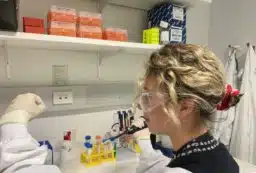
 Fresh Science is on hold for 2022. We will be back in 2023.
Fresh Science is on hold for 2022. We will be back in 2023.